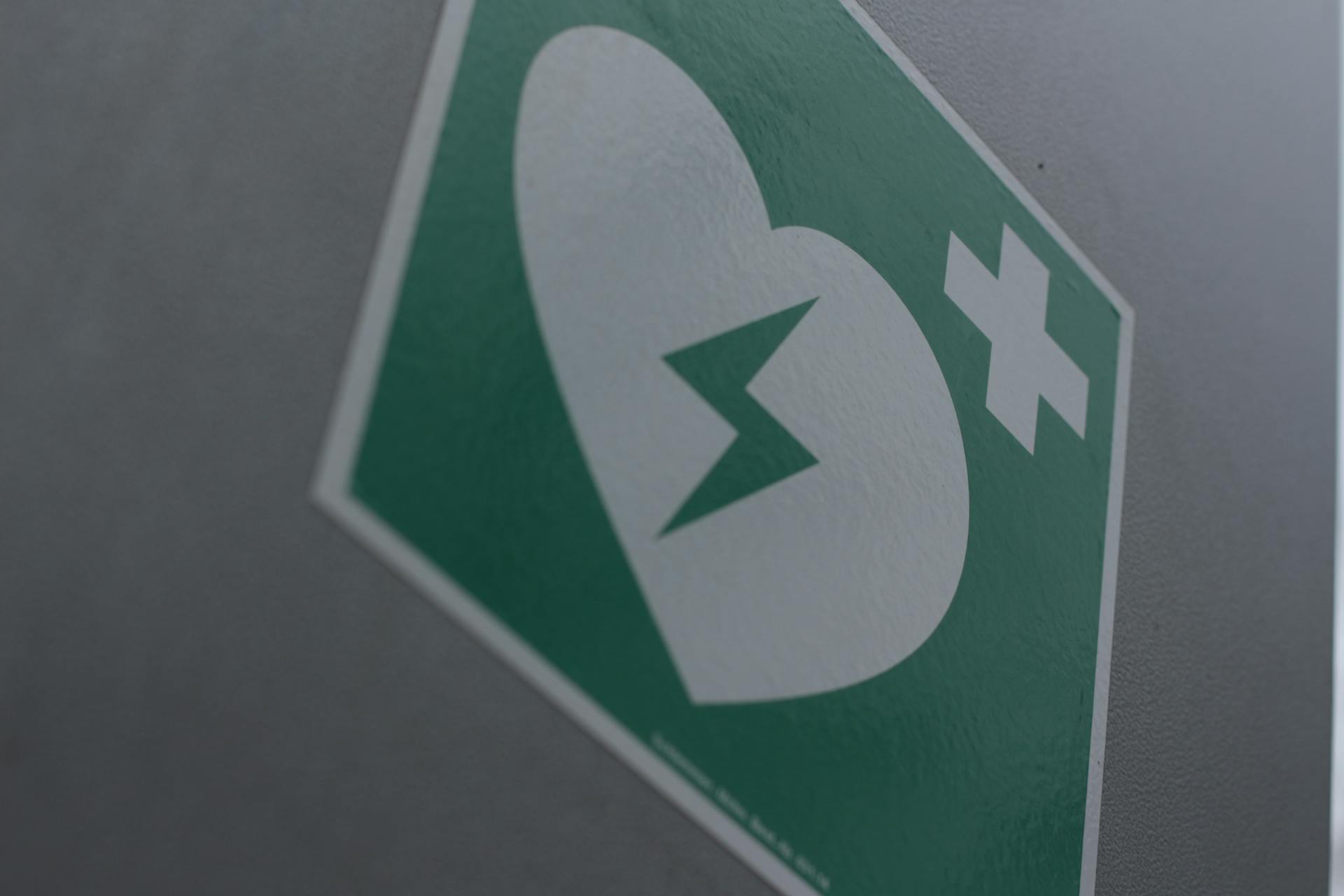Listen To Your Body
Time is of the essence when a heart attack happens. However, if you’re unfamiliar with the symptoms, a heart attack can easily be mistaken for something else—which can lead to terrible, if not deadly, consequences.
Even doctors can make these errors, which is why it’s important to learn the symptoms of a heart attack before they happen.

Chest Pain
It can be alarming to suddenly feel chest pain—but it’s one of the most common symptoms for a heart attack. While it was once believed that women don’t feel the same chest pain as men, that was recently disproved.
One important thing to note? When chest pain/discomfort are a symptom of a heart attack, it’s not usually a sharp pain—it’s more of a tightness or pressure.
Indigestion
While “heartburn” is something of a misnomer—since it isn’t actually experienced in the heart—it’s easy to understand why it earned the moniker, since that’s essentially what it feels like. Patients and doctors who have trouble parsing symptoms may think their indigestion is heartburn or acid reflux when it’s actually one of many symptoms of a heart attack.
Nausea And Vomiting
Going one step further from indigestion is nausea and vomiting, but some patients can become quite sick to their stomach prior to or during a heart attack.
In many cases, it’s misdiagnosed as the flu, but can actually be a warning sign for a heart attack.
Upper Body Pain
The pain experienced as a symptom of a heart attack doesn’t just happen in the chest and the arm—it can radiate throughout the entire upper body. That includes the neck, shoulders, upper back, and even sometimes the jaw. It’s the body’s way of calling attention to the fact that the heart isn’t getting enough blood.
Shortness Of Breath
Speaking of concrete signs that your heart isn’t getting enough blood, anyone at risk of a heart attack, or who suspects that they might be having one, should watch out for shortness of breath—especially if you’re in good shape and don’t normally experience it as a problem when exercising.
Perspiration
Here’s an important one to remember. Breaking out into a sweat for no reason isn’t really something to be alarmed about…unless it happens in tandem with another one of these symptoms. That’s when you should see it as a red flag and alert a doctor.
Fatigue
Let’s be honest. We all experience fatigue, and it’s likely you might be fatigued right now reading this. It’s nothing unusual—until it is. If you begin to experience an extended period of fatigue, which can precede a heart attack by weeks, it’s important to keep your awareness up for other symptoms so you can act quickly.
Light-Headedness
In many situations, light-headedness can be a symptom of a drop in blood pressure, which is a symptom itself of heart issues. While light-headedness or dizziness is one of the subtler signs of a heart attack, if it occurs in tandem with other symptoms, or lasts for a prolonged period of time, it should be taken seriously.
Arm Pain
The stereotype of the person grabbing their arm—the left arm, specifically—before experiencing a heart attack has been seen again and again on TV and in movies. And that’s for good reason: It’s a very common symptom.
Like chest pain, there are some fundamental particularities to watch out for. Arm pain associated with heart attack is less of a sharp or shooting pain, and more of a dull ache.
Heart Palpitations
Heart palpitations are one of the more alarming symptoms—but they’re also one that may be easily ignored, since we all experience them from time to time. However, if they’re ongoing and linked to other symptoms, they could be evidence of a larger problem and should be mentioned to a doctor.
 R Photography Background, Shutterstock
R Photography Background, Shutterstock
Anxiety
We’re often trained to treat our anxiety as illogical, and something we have to talk ourselves down from. But in some cases, anxiety can occur as a signal from your brain that your body isn’t quite working right. As the symptoms intensify, the central nervous system will switch on and send out those red flags that something is wrong.
If your anxiety sticks around instead of coming and going as it might normally, it’s time to take it seriously.
Why Is It So Hard To Diagnose A Heart Attack?
Each year, approximately 805,000 Americans suffer heart attacks—so why is it so hard for doctors to diagnose them? Though there are warning signs for heart attacks that can pop up in the weeks or months beforehand, they’re often so subtle that they go undiagnosed. The same goes for the actual symptoms of the heart attack itself, which can be confused with other medical problems.
The good news is, there are steps you can take to better communicate your symptoms to your doctor, which can lead to better outcomes.
Express Yourself
Doctors report that when patients come to them to report symptoms, there are marked differences in the way they communicate: Men are less vocal and less explicit about what is happening to them, while women are more likely to go into detail—but also downplay their symptoms.
If you have trouble speaking to your doctor on the spot, it could be worth it to write things down as they happen. Writing in clear terms, and marking the duration and frequency of symptoms, can be especially helpful.
Listen To Your Body
When we’re younger, we tend to take a “wait and see” approach to going to the doctor for any problems, but as we age, it’s important that we take the time to listen to our bodies and not delay or ignore anything that gives us reason to see our doctors.
Not only is it a “better safe than sorry” situation, time is also of the essence. The sooner you address a potential heart attack, the better the outcome.























